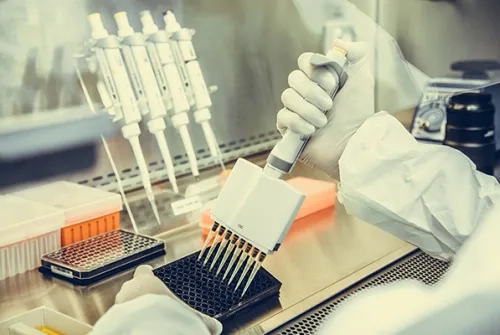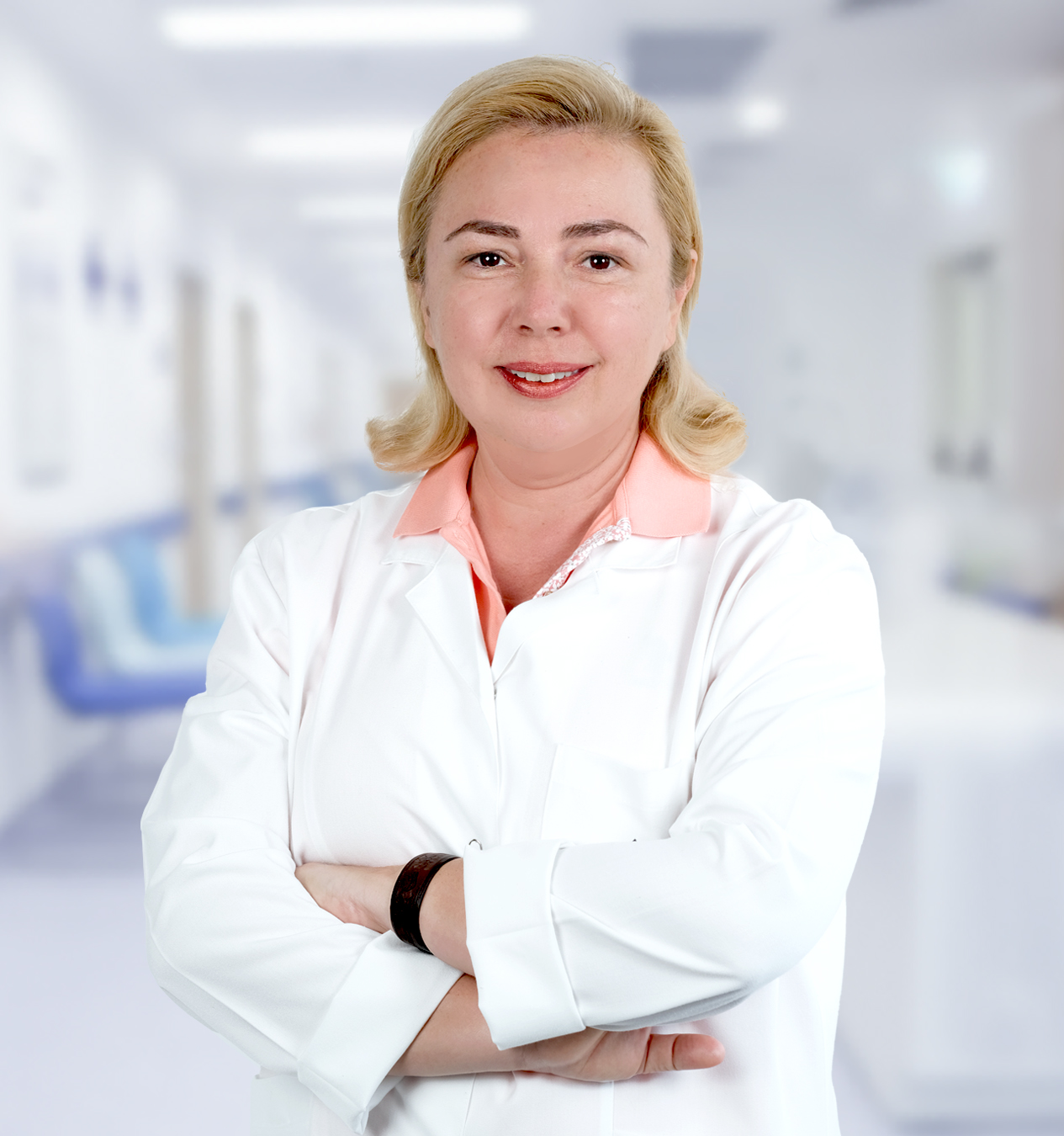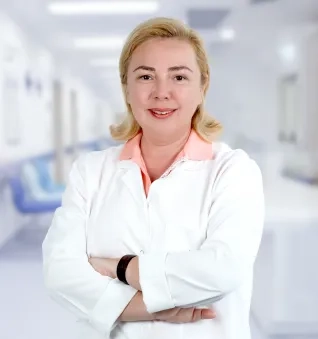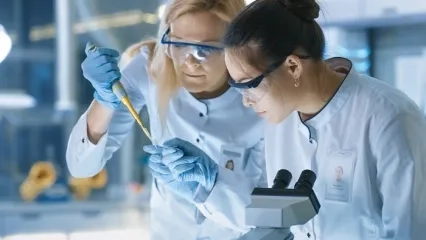Alo Yeditepe
Alo Yeditepe
Cancer Predisposition Can Be Determined With This Test
Indicating that 5 to 10 percent of cancer is caused by "familial inheritance", Medical Genetics Specialist Assoc. Prof. Dr. Ayşegül Kuşkucu said that it was possible to investigate the predisposition of these people to cancer. Reminding that breast and large bowel cancers, which are common, can show genetic transmission, Assoc. Prof. Dr. Ayşegül Kuşkucu stated that the risk of each family is different from each other and that the suggestions presented accordingly have changed.
Indicating that cancer is a genetic disease, Assoc. Prof. Dr. Ayşegül Kuşkucu, Medical Genetics Specialist from Yeditepe University Genetic Diseases Assessment Center, gave important information before February 4 World Cancer Day. Saying that cancer is caused by the genes in the cell changing for reasons that are not yet clear and therefore defined as a genetic disease, Assoc. Prof. Dr. Ayşegül Kuşkucu said, "Although cancer is defined as a genetic disease, only a small part of it develops in the form of familial heredity. It is possible to perform the screening in this group in advance. It is possible to investigate cancer susceptibility for this familial group, which accounts for 5 to 10 percent of all cancers. Of course, it is possible for the person to find out whether the cancers in their family are hereditary or not, and to determine the predisposition to have a genetic examination for them."
"Every Family Has Different Risks"
Providing information on cancer genetic predisposition testing, Assoc. Prof. Dr. Ayşegül Kuşkucu said, "People need to consult a medical genetics specialist before taking the test. Because not everyone who says, 'I want to learn my cancer predisposition' gets this test. First of all, it is necessary to see more than one person in the family and often the same type of cancer. Apart from these, it is also important to have a family history of cancer at an early age. Therefore, if there is a question or doubt in mind, a medical genetics specialist should be consulted, and genetic counseling should be obtained. For example, if we talk about breast cancer, the mother of the person who applied to us had this disease in her 30s, that is, even meeting at an earlier age than expected can give a sign that the cancer is familial. In such a case, if the person diagnosed with cancer is alive, they should be examined first. We then look at the genetic change we found in people who were at risk. Each person's risk is different from the family's risk. According to these risks, the suggestions we give to the person also differ."
What Should Be Done If There Is a Risk of Cancer?
Drawing attention to the fact that there is no definitive judgment that every person with a genetic disorder will have cancer at some point in their life, Assoc. Prof. Dr. Ayşegül Kuşkucu said, "However, it is a known fact that these people are at higher risk than society. At that point, very few cancer types of preventive surgery can be applied. For example, in familial breast cancers, if the risk is high, the case is high in the family and the individual is more than 80 percent likely to have cancer, then preventive surgery can be recommended. The multidisciplinary council of medical oncologists, general surgeons, radiation oncologists, gynecologists, internal medicine specialists, nuclear medicine specialists, radiologists, radiation oncologists, and medical genetics specialists created for this purpose talks with the person at risk." She stated that there is no preventive treatment for every familial cancer and explained the following about the measures that can be taken in such cases: "Again, if we talk about breast cancer, the genetic predisposition of a young woman in her 20s for breast-ovarian cancer has been determined, but if preventive surgery is not recommended or desired, follow-up is done more often and with different methods than normal people. For example, MRI is used instead of mammography. Again, the planning of these follow-ups is shaped according to the council recommendations. If so, we can detect cancer very early on. "
Medical Genetics Specialist Assoc. Prof. Dr. Ayşegül Kuşkucu lastly listed the cancers that are genetically transmitted today as follows: "Breast-ovarian and large bowel cancers are frequently encountered, but we also see multiple endocrine tumors including some thyroid cancers and cancer syndromes in which different types of cancers are suddenly seen in a family that comes up with a wide range. For example, lung cancer is not a genetically transmitted cancer, but if one person in the family has brain cancer and the other has breast cancer and another person in the family has leukemia, it is most likely to be of genetic origin. Therefore, these cases should be evaluated very well."
Press Coverage: cumhuriyet.com | yenicaggazetesi.com | mynet.com | haberglobal.com | star.com | cnnturk.com | yeniakit.com
About
Faculty and Year of Graduation:
Istanbul University Faculty of Medicine, 2001
”
See Also
- What is Genetic Testing? In Which Situations Is It Performed?
- Genetic Tests in Cancer
- Paternal Prostate Cancer is a Risk Factor for Breast Cancer in Daughter
- The Game of Chromosomes
- Genetic Testing Directs Our Health
- The Vicious Cycle of Generations with SMA Can Be Overcome with Screening Tests
- Genetic Diseases Can Be Detected by a Blood Test in the Womb
Alo Yeditepe




